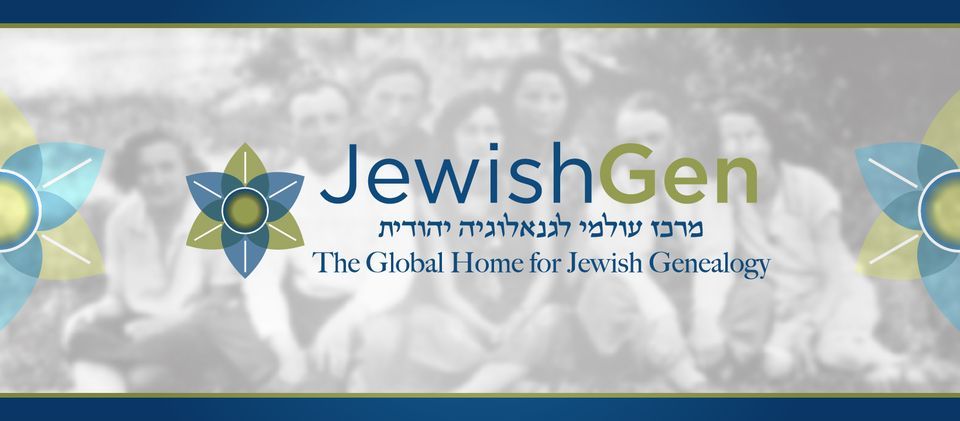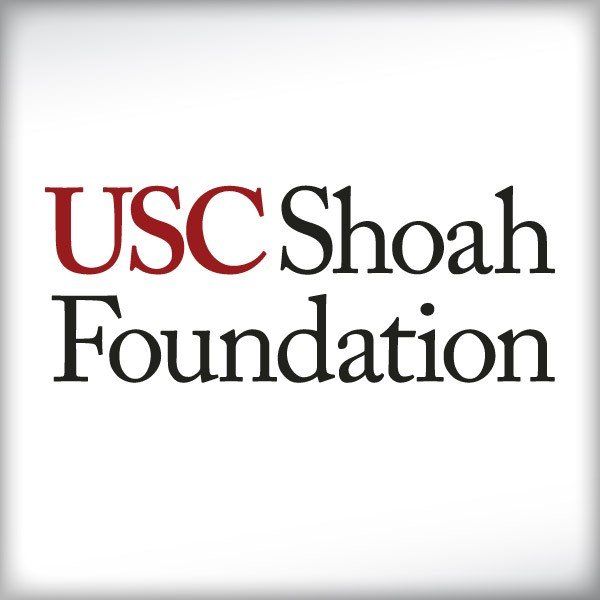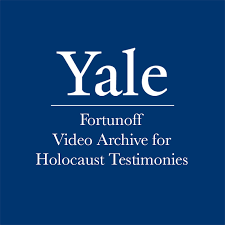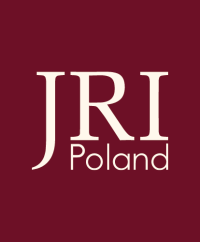HOLOCAUST RESEARCH RESOURCES
Google anything about the Holocaust or Nazis and you'll be rewarded with a countless number of hits, some reliable, others, not so much. Here's a brief list of some of the most authoritative online (English-language) resources on Nazism and the Holocaust. While more and more is becoming available online, for me, the most surprising and rewarding material still often turns up after plowing through physical documents, folder by folder, page by page, hour after hour of quality time. Just say'n...
With more than thirty million records, the International Tracing Service archive, also known as the Arolsen Archives, is the starting point for information about victims of Nazi persecution. It’s as easy as typing in the approximate spelling of your subject's name in a search bar.
Useful tip: because of variations of spelling, and because many people have similar names, also filter by place--Poland, Hungary, Germany, etc. Knowing the date of birth, or at least the year, can help narrow the results.
Israel’s Yad Vashem has many databases. They can be amazingly easy, or frustratingly difficult to navigate. There are databases of victims names based on cards filled out by loved ones after the war. There are also databases of photographs, documents, testimonials, and lists of all kinds.
Useful tip: when the system returns information, there may be additional tabs that, when clicked, return further details and insights.
The United States Holocaust Memorial Museum often serves as a database of databases. For example, a recent search for “Blechhammer” returned 1,068 items. The first was a transport list of prisoners available in a Dutch archive; the last was a video testimony found in the Fortunoff Video Archive for Holocaust Testimonies at Yale (see below). USHMM has thousands of internet-accessible files as well.
Useful tip: Its Encyclopedia of the Holocaust is an excellent resource.
If your family comes from Poland or former Polish territories, JRI Poland bills itself as "the largest fully searchable database of indexes to Jewish vital records accessible online." As of December 2021, it boasted 6.1 million records from more than 550 Polish towns indexed or fully extracted. More are being added every few months.
Useful Tip: On Dec. 10, 2021, JRI Poland announced a sharing deal that made Yad Vashem's "pages of testimony" archives directly available on the JRI Poland websites.
The most extensive video archive of testimonials is the USC Shoah Foundation, started by Steven Spielberg, the acclaimed film director. The scope of the foundation has expanded over the years, but for researchers of the Holocaust, go to the Visual History Archive. Registration is free, and begin keyword searches. Like the Fortunoff archive, most of the testimonials can viewed only at designated sites though recently I've noticed more and more are available for immediate viewing online.
Useful tip: You can save records in your “projects” folder, where they remain until you delete them.

The Fortunoff Video Archive for Holocaust Testimonies at Yale University, holds more than 4,400 testimonies comprising 12,000 hours of videotape. While it’s database can be searched online, full testimonies have to be downloaded to an access site, usually a university or museum. In New York State, for example, there are only four access sites, all in New York City. While limited, this is still a huge improvement: when I started my research, I had to drive up to Yale to view the VHS tapes.
Useful tip: Yale does not provide last names in their listings, only an initial, like "Sigmund W." Searching a subject or place works well.

For those willing to delve deeper into the weeds, there's JewishGen.org, which bills itself as "the global home for Jewish genealogy." There are numerous databases dealing with genealogical subjects. The main “Holocaust Database” lists some 250 sub-databases.
Useful tip: Checkout the links to
Yizkor Books, translations of memorial books on extinct Jewish communities put together by survivors after the war originally written in Yiddish or Hebrew. The translation project is ongoing.
top photo: Credit Yad Vashem, Hall of Names
middle photo: credit International Tracing Service
lower photo: Credit USHMM
We promise to only send you the good stuff. No spam.
© 2023 | All Rights Reserved


